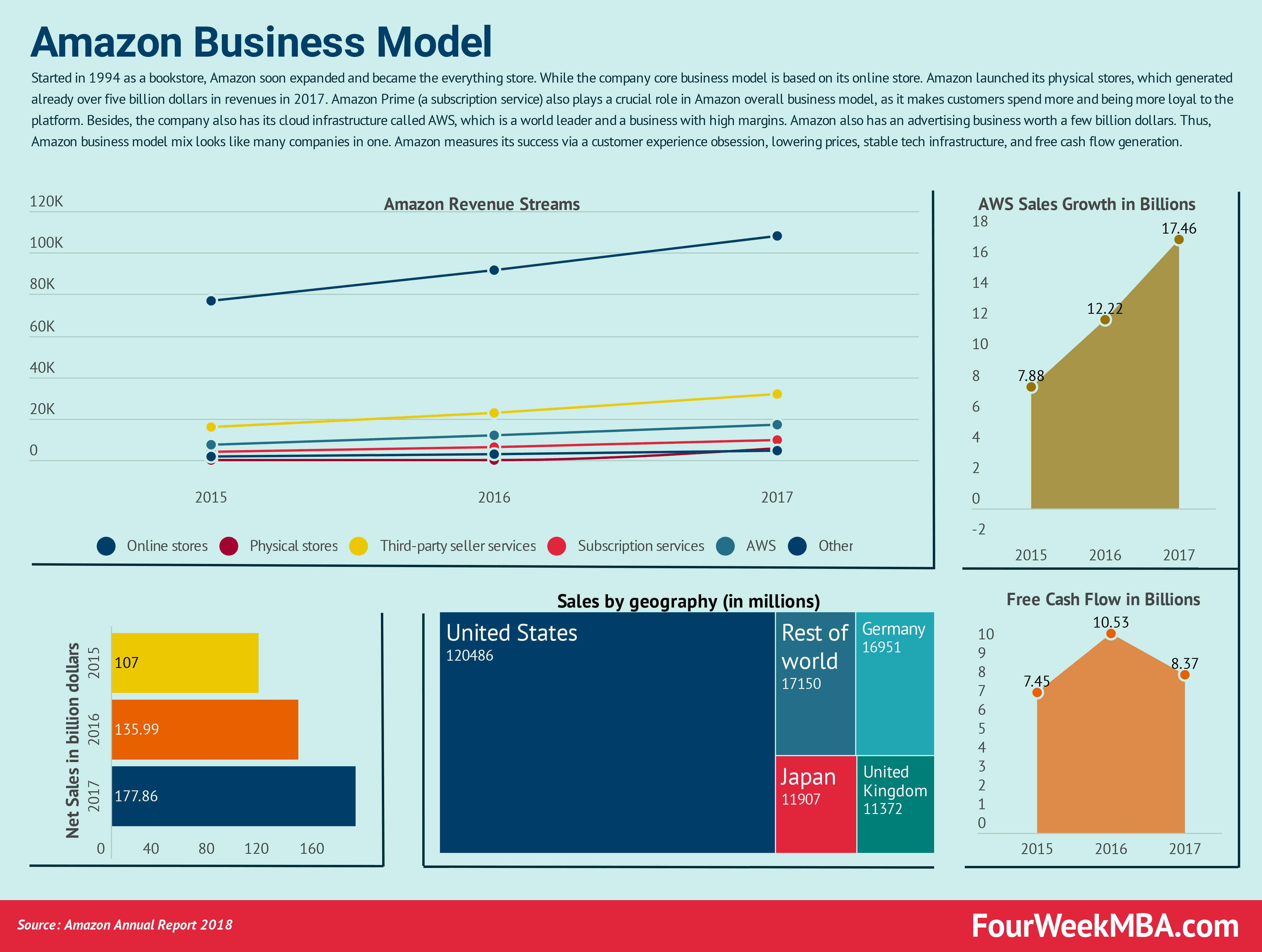
Contents
- 1 Adapting to the New Normal: A Paradigm Shift in Business Strategy
- 1.1 Embracing Digital Transformation: Harnessing the Power of Technology
- 1.2 Diversification: Exploring New Markets and Opportunities
- 1.3 Building Resilience: Strengthening Supply Chains and Risk Management
- 1.4 Employee Well-being: Prioritizing Mental and Physical Health
- 1.5 Customer-Centric Approach: Adapting to Changing Customer Needs
- 1.6 Collaboration and Partnerships: Strength in Unity
- 1.7 Sustainability: Embracing Ethical and Responsible Business Practices
- 1.8 Data-Driven Decision Making: Leveraging Insights for Success
- 1.9 Agility and Flexibility: Embracing Change and Embracing Change and Uncertainty
Adapting to the New Normal: A Paradigm Shift in Business Strategy
The COVID-19 pandemic has brought about unprecedented challenges for businesses worldwide. As the world grapples with the impact of this global crisis, it has become evident that traditional business strategies are no longer enough to ensure survival and growth. In order to navigate these uncertain times, businesses must embrace creativity, innovation, and agility in their approach.
Embracing Digital Transformation: Harnessing the Power of Technology
One of the key strategies that businesses have adopted during the pandemic is digital transformation. With restrictions on physical interactions and the rise of remote work, businesses have had to pivot their operations online. This has involved leveraging technology to streamline processes, enhance customer experiences, and explore new revenue streams.
Diversification: Exploring New Markets and Opportunities
In times of crisis, it is essential for businesses to diversify their offerings and explore new markets and opportunities. This could involve reimagining products or services to cater to emerging needs, expanding into untapped geographical locations, or collaborating with complementary businesses to create innovative solutions.
Building Resilience: Strengthening Supply Chains and Risk Management
The pandemic has exposed vulnerabilities in supply chains and risk management practices. To ensure business continuity, it is crucial for businesses to build resilience by reassessing and strengthening their supply chains, diversifying suppliers, and implementing robust risk management strategies. This will enable businesses to better navigate future disruptions and mitigate potential risks.
Employee Well-being: Prioritizing Mental and Physical Health
As businesses adapt to the new normal, it is essential to prioritize the well-being of employees. This includes providing support for remote work, implementing flexible work arrangements, and offering resources for mental and physical health. By taking care of their employees, businesses can foster a positive and productive work environment, leading to increased resilience and success.
Customer-Centric Approach: Adapting to Changing Customer Needs
The pandemic has significantly altered customer behavior and preferences. To stay relevant and competitive, businesses must adopt a customer-centric approach and adapt to these changing needs. This could involve revisiting marketing strategies, enhancing digital experiences, and providing personalized solutions that address customer pain points.
Collaboration and Partnerships: Strength in Unity
During challenging times, collaboration and partnerships can be a game-changer for businesses. By joining forces with like-minded organizations, businesses can pool resources, share expertise, and create mutually beneficial opportunities. This collaborative approach not only enhances resilience but also fosters innovation and accelerates growth.
Sustainability: Embracing Ethical and Responsible Business Practices
The pandemic has highlighted the need for businesses to embrace sustainability and responsible practices. Consumers are increasingly conscious of the environmental and social impact of their purchasing decisions. By adopting sustainable practices, businesses can attract and retain customers, differentiate themselves in the market, and contribute to a better future.
Data-Driven Decision Making: Leveraging Insights for Success
In the era of big data, businesses have access to a wealth of information that can drive informed decision-making. By leveraging data analytics and insights, businesses can identify trends, anticipate customer needs, and make strategic decisions that lead to success. Data-driven decision-making is imperative during the pandemic and beyond.
Agility and Flexibility: Embracing Change and Embracing Change and Uncertainty
Perhaps the most critical strategy during the pandemic is agility and flexibility. Businesses must be prepared to adapt to rapidly changing circumstances, embrace uncertainty, and pivot their strategies when necessary. This requires a mindset that welcomes change and a culture that fosters innovation, allowing businesses to thrive in the face of adversity.
In conclusion, the pandemic has necessitated a shift in business strategies. By embracing creativity, innovation, and agility, businesses can navigate these uncertain times and emerge stronger than ever. From digital transformation to employee well-being, collaboration to sustainability, these strategies will not only ensure survival but also pave the way for long-term success in a post-pandemic world.




